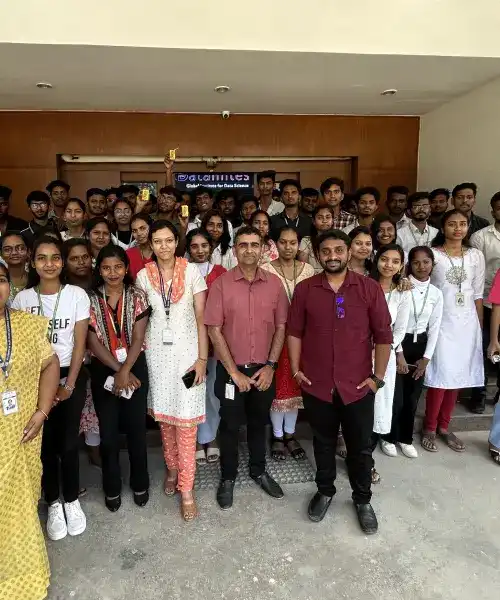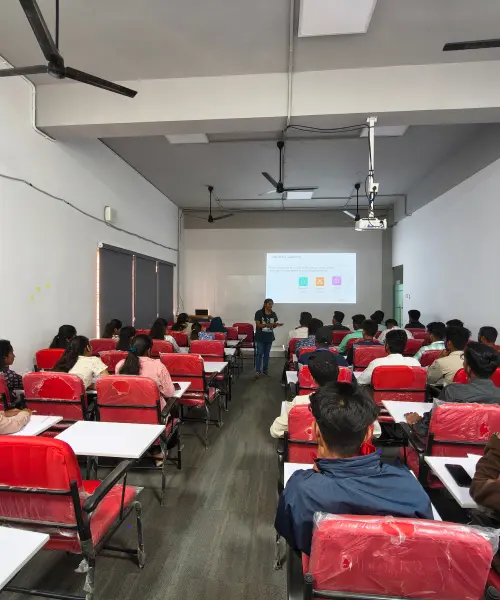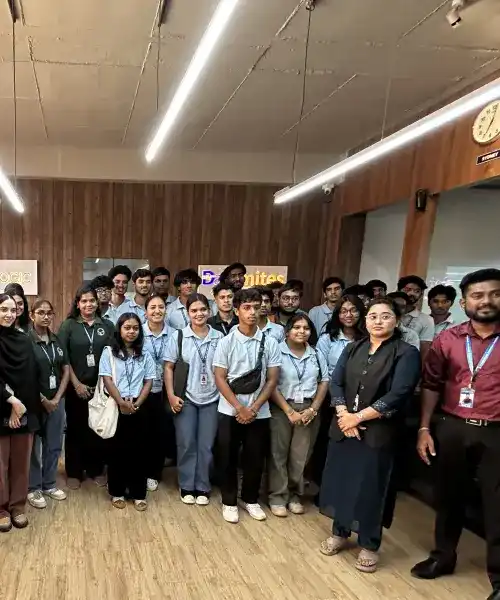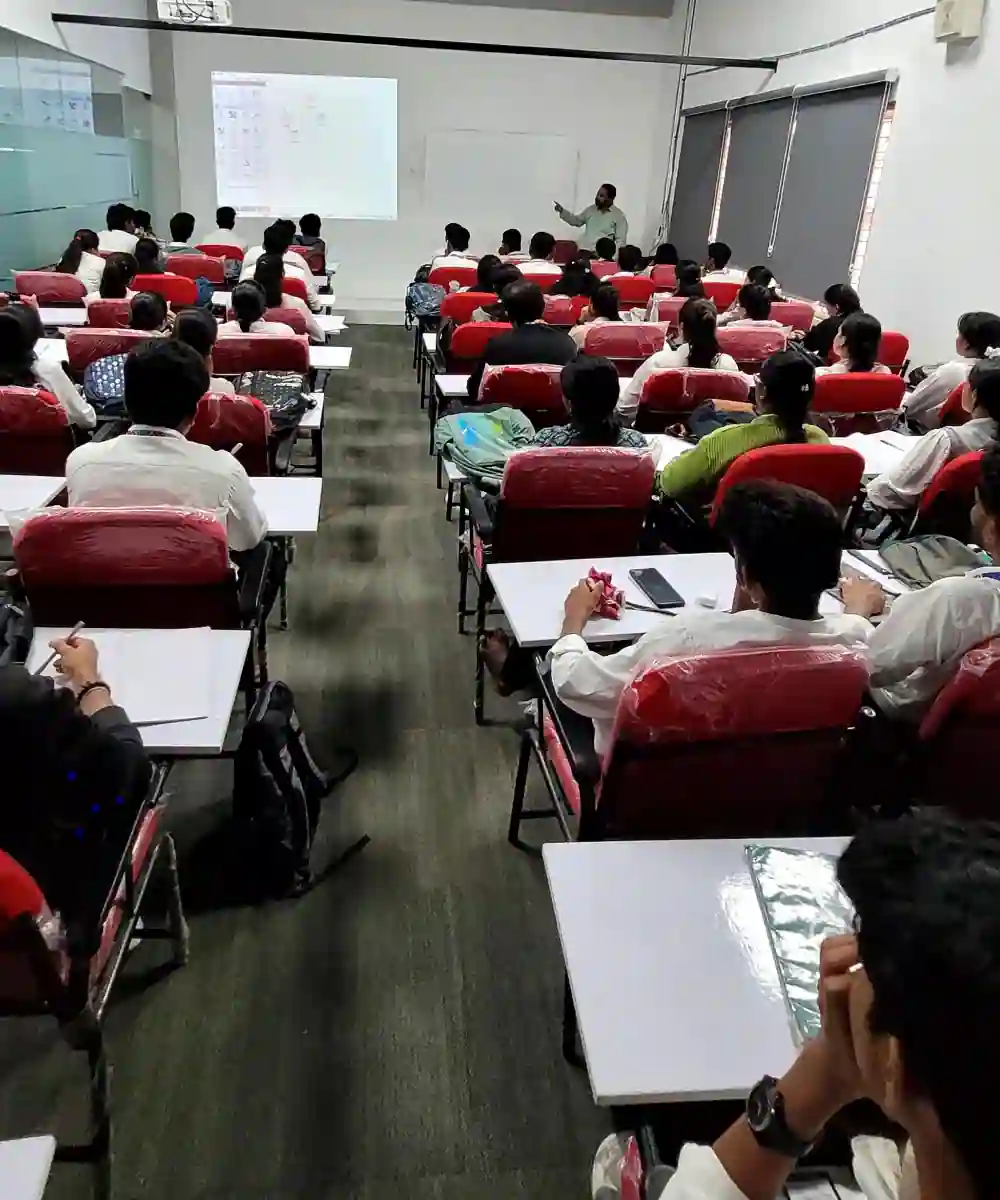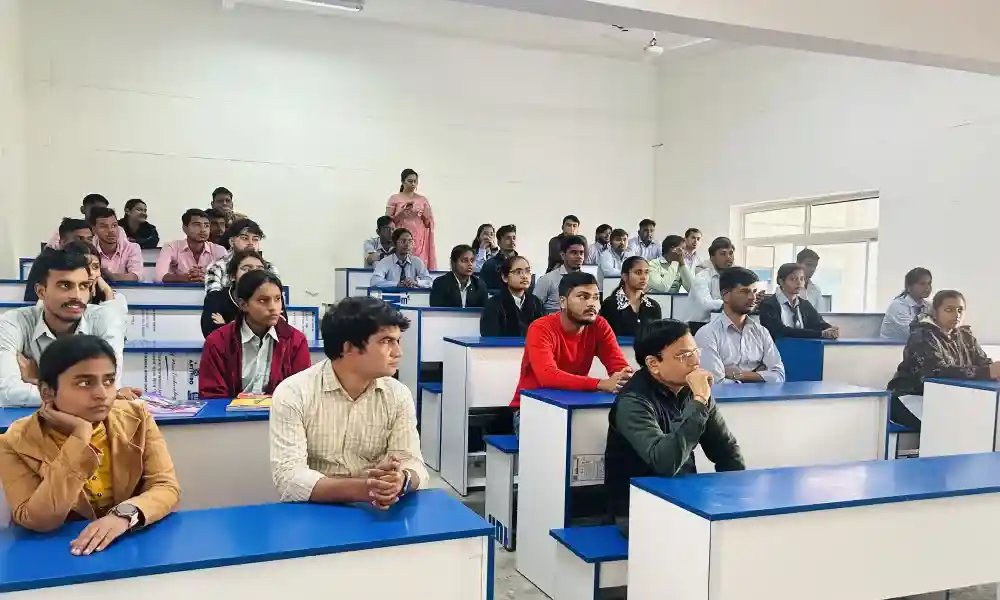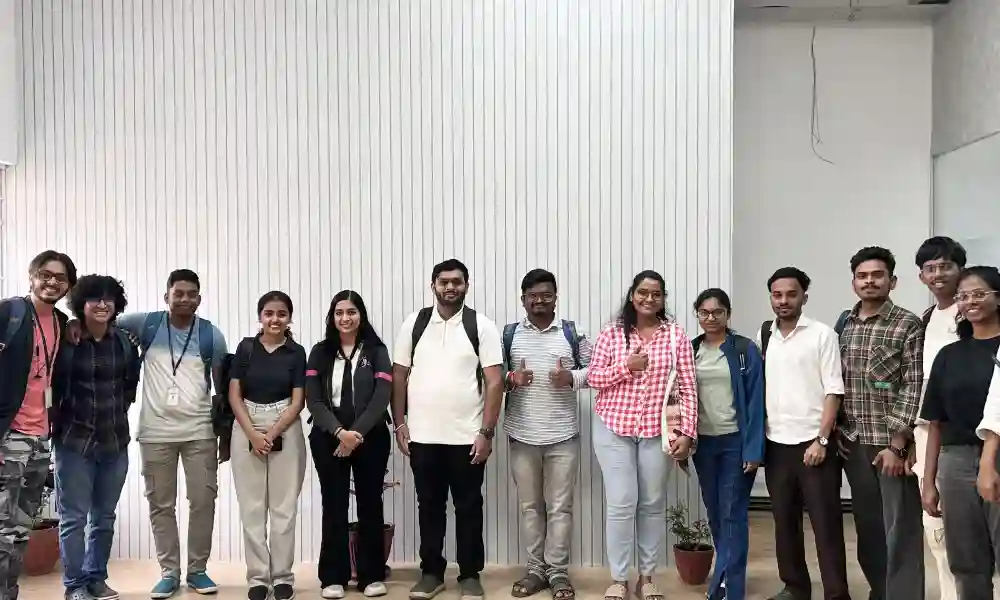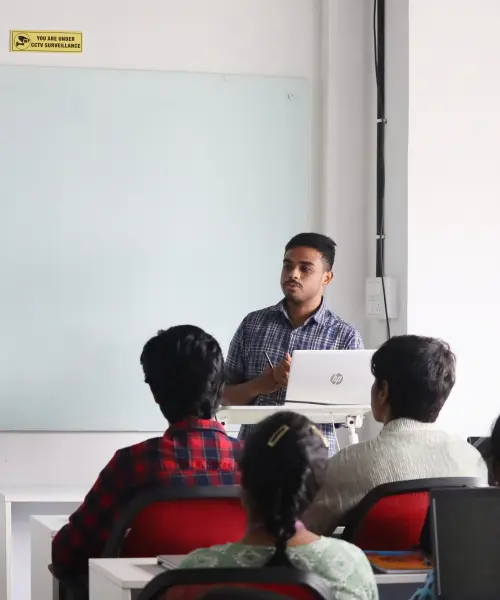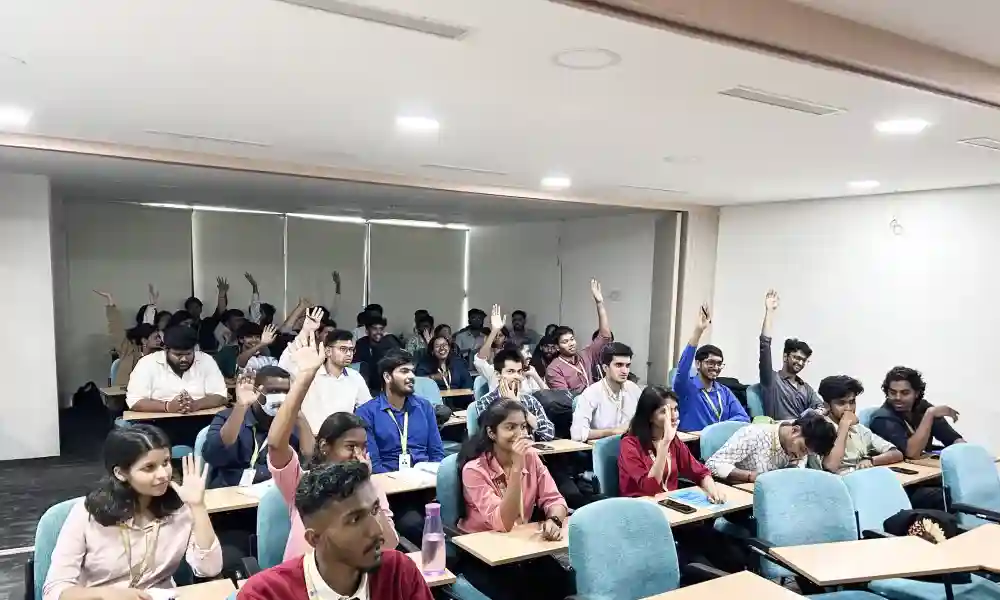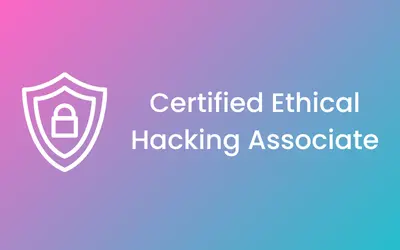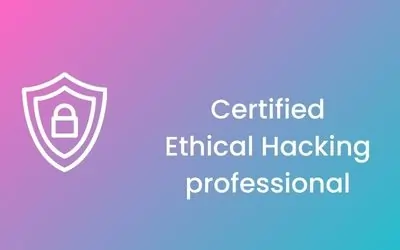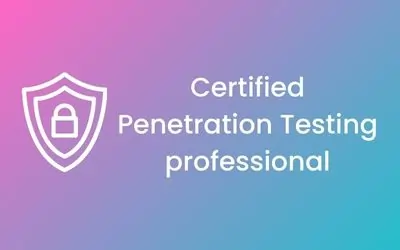CYBER SECURITY TRAINING IN COCHIN
-

-
(15589 Reviews)
-
Top Career Opportunities: Explore top job opportunities in Cochin's cybersecurity sector. Prepare for roles such as security analyst, network defender, and cybersecurity consultant to advance your career in this growing field.
-
Essential Skills for Success: Master critical skills like ethical hacking, threat analysis, and data protection to stay ahead in Cochin's competitive cybersecurity job market.
-
Practical Experience: Gain valuable hands-on experience through internships at leading cybersecurity companies in Cochin. Build your skills, enhance your knowledge, and boost your confidence for a successful career in cybersecurity.











